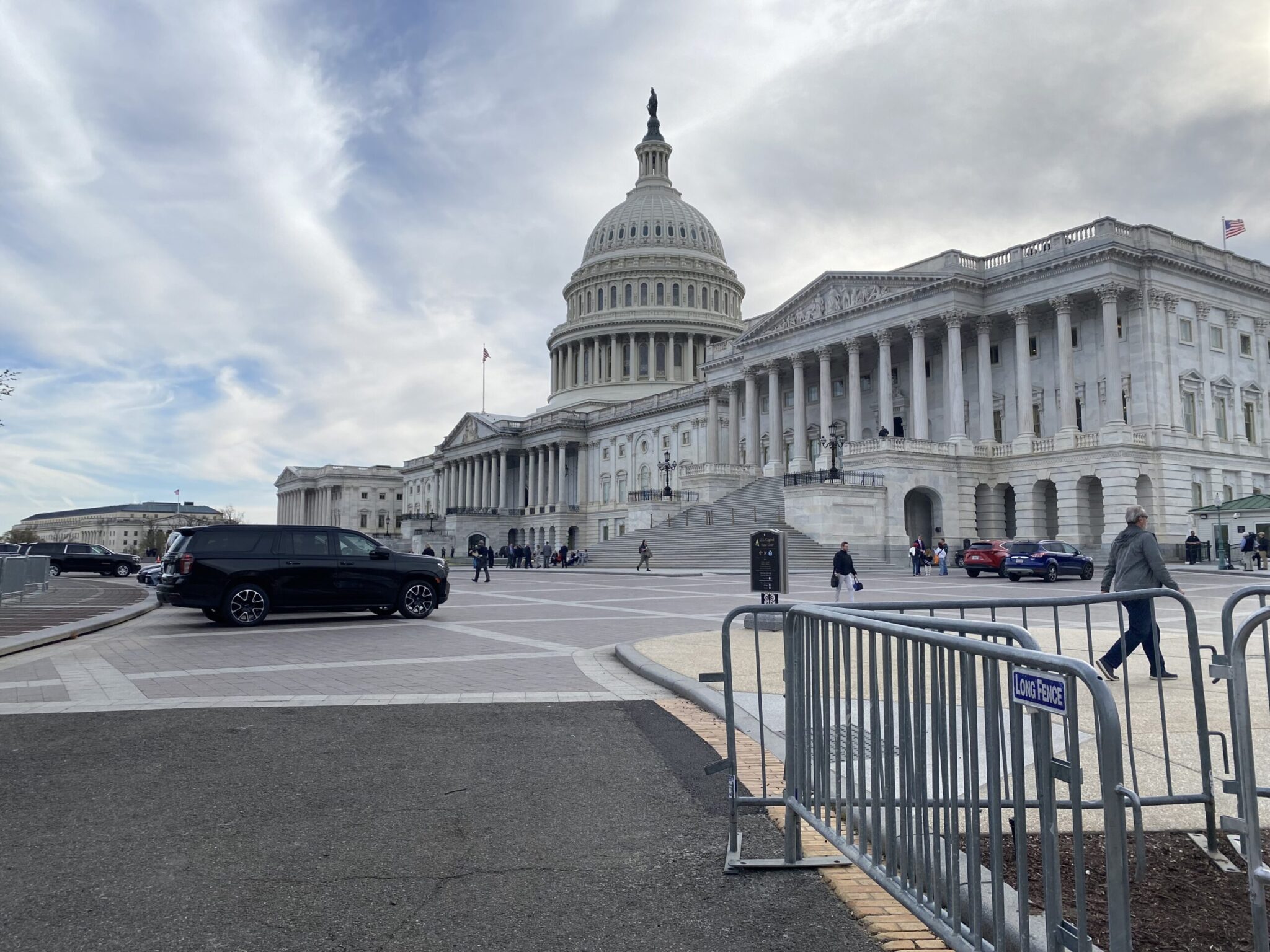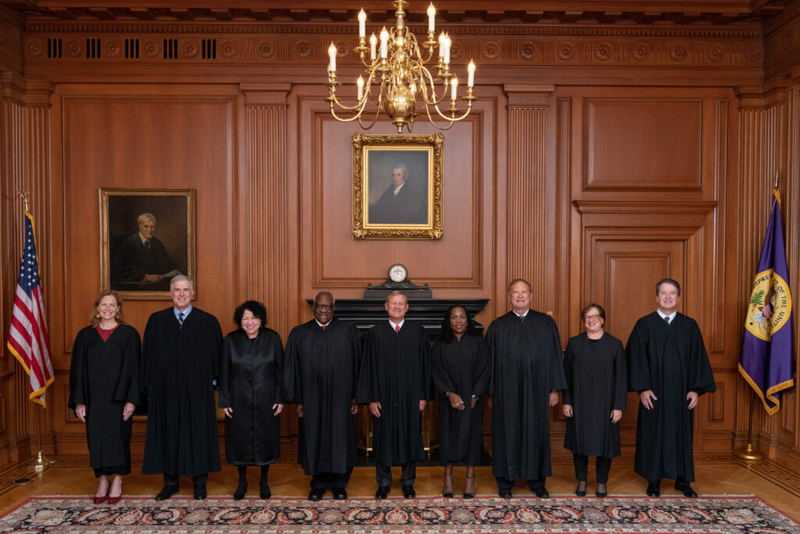WASHINGTON (GA Recorder) — Democrats in Congress reintroduced a bill Wednesday that would guarantee access to birth control regardless of any future Supreme Court rulings.
The measure would ensure people have the right to use contraception and that healthcare providers have a right to share information about contraception as well as provide it.
The legislation would insulate access to birth control in the event the U.S. Supreme Court decides to overturn any of the cases that have provided Americans with the privacy rights that guaranteed a right to contraception.
The bill is necessary, proponents argued, because the Supreme Court just last year overturned the constitutional right to abortion that stood for nearly 50 years.
“Millions of people use contraception every day to protect their health, the health of others, or help with medical conditions. I’m one of them,” said Georgia Congresswoman Nikema Williams, who is vice chair of the Democratic Women’s Caucus and who says she uses contraception to treat endometriosis.
“We shouldn’t have to fight to keep our right to this essential healthcare, but we are living in a time where an extremist Supreme Court wants to undo decades of progress. That means it is up to Congress to act and protect the rights we previously believed were protected—including access to contraception.”
While Republicans blocked the bill from passing last Congress, Washington Democratic Sen. Patty Murray said the reintroduction was a chance to show whether they do support access to birth control.
“My message to Republicans who claim to support the right to just get birth control: Now is your chance to prove it,” she said. “Stand with us, don’t stand against us.”
Dobbs case
The bill was originally introduced last Congress by a coalition of Democratic lawmakers who were concerned about a section of Justice Clarence Thomas’ concurring opinion in the Dobbs v. Jackson Women’s Health Organization abortion case.
Thomas wrote the high court should reconsider many of the precedent-setting cases that used the same logic applied in Roe v. Wade, specifically that justices “should reconsider all of this Court’s substantive due process precedents, including Griswold, Lawrence, and Obergefell.”
Those cases are the 1965 Griswold v. Connecticut ruling that recognized married couples’ right to use contraception, the 2003 Lawrence v. Texas ruling that invalidated laws criminalizing adult private consensual sexual relationships and the 2015 Obergefell v. Hodges case that legalized same-sex marriages.
The U.S. House voted to approve the contraception legislation last July, but Democrats couldn’t get the 60 votes needed in the Senate to move past that chamber’s legislative filibuster.
North Carolina Democratic Rep. Kathy Manning sought to remind people that before 1965, several states had laws banning or restricting who could get contraceptives.
“My bill establishes a federal statutory right for individuals to access and use birth control and for health care providers to provide it,” Manning said. “It protects the full range of FDA-approved contraceptive methods, including birth control pills, IUDs and emergency contraception, like Plan B.”
Massachusetts Democratic Sen. Ed Markey said Thomas’ opinion in the Dobbs case gave lawmakers “a window into just how far he could go to dismantle Americans’ freedoms.”
“He outlined a long-held Republican belief that Americans have too many privacy rights under the Constitution and the Supreme Court had erred in recognizing those privacy rights and that the court should take them away, just as it did the right to abortion,” Markey said.
State lawmakers at the White House
The White House on Wednesday and Thursday was hosting dozens of local and state officials from both red and blue states to discuss reproductive rights.
A White House spokesperson said that during the meetings, Biden administration officials would talk about “defending reproductive rights, key actions the Administration has taken to protect access to reproductive health care, and the importance of state partners in this fight.”
On Wednesday, the state and local officials from states that have restricted access to abortion will discuss those actions as well as “strategies to oppose these efforts and the policy agenda ahead,” according to the spokesperson.
Rep. Ruwa Romman, a Duluth Democrat, was one of a handful of Georgia lawmakers who participated.
“We learned so much from our counterparts in other states working to protect access to life-saving reproductive care, including abortions. State legislatures are the front line for policy and what happens there immediately impacts all of us,” Romman said on Twitter.
House Minority Leader James Beverly of Macon, Rep. Kim Schofield of Atlanta, and Rep. Park Cannon of Atlanta were also there Wednesday.
The Thursday talks, the spokesperson said, will include state and local officials from regions of the country that have protected access to abortion to talk about ways “to further safeguard and support access to reproductive health care.”
Georgia Recorder Deputy Editor Jill Nolin contributed to this report.
















